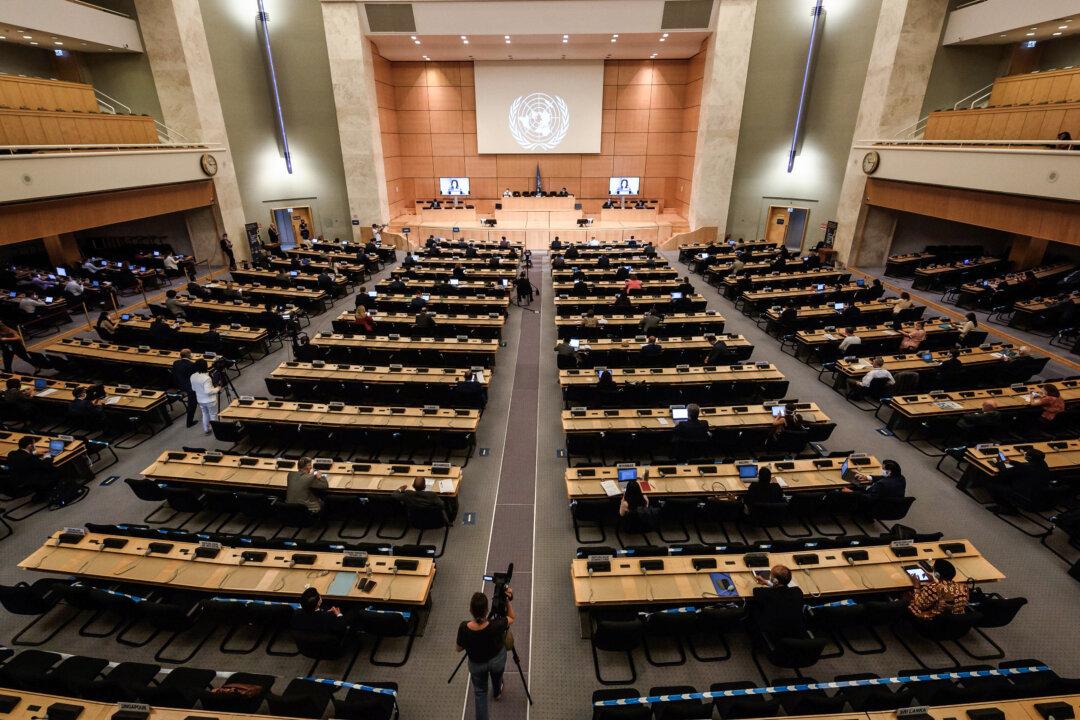The recent loss of South Korea’s bid for reelection to the United Nations Human Rights Council (UNHRC) has prompted a wave of contentious debates and criticism in the country’s local media. In particular, it was the first time since the establishment of the Council in 2006 that South Korea lost its reelection.
The announcement was made at the U.N. General Assembly on Oct. 11 that South Korea was one place short of securing its reelection with 123 votes, coming in fifth behind Bangladesh (160), the Maldives (154), Vietnam (145), and Kyrgyzstan (126).





